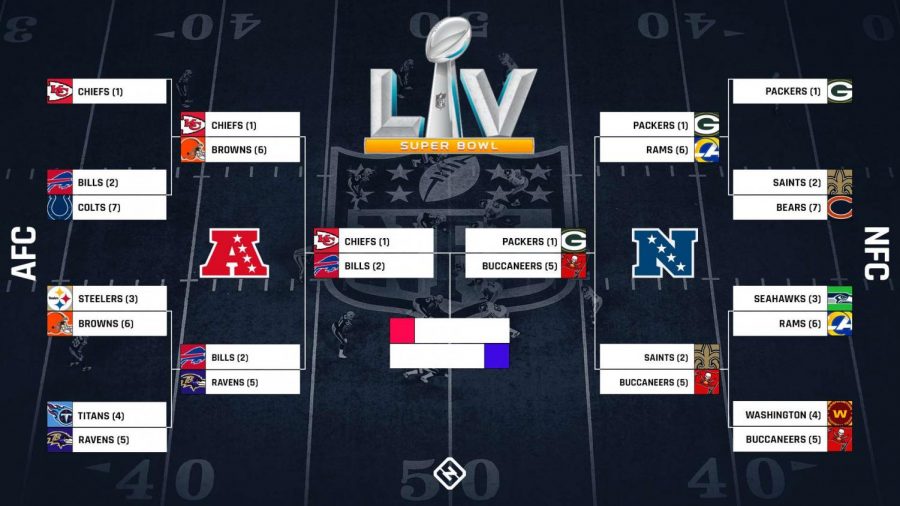Ever wondered why one team gets to call "heads" or "tails" at the Super Bowl? The NFL employs a meticulously crafted, alternating system to designate the home and away teams in the Super Bowl, ensuring a veneer of fairness in the grand spectacle. This system, seemingly simple, is steeped in tradition and aims to level the playing field, at least symbolically, for the two conference champions vying for the ultimate prize.
The genesis of this alternating format lies in the NFL's desire to provide an equal opportunity, or at least the perception of one, for both the American Football Conference (AFC) and the National Football Conference (NFC) champions. In essence, the NFL prefers an alternating format to decide which conference gets the 'home' designation each year. It's a straightforward rotation. In one game, the NFC representative is designated as the home team. The following year, it's the AFC's turn to receive that designation. The process rotates each game, adhering to a strict, unwavering pattern established long ago. This ensures that over time, both conferences receive an equal number of opportunities to bask in the perceived advantages of being the "home" team at the Super Bowl.
| Aspect | Details |
|---|---|
| Origin of Super Bowl Home/Away Designation | NFL's desire to provide equal opportunity (or perception) to both AFC and NFC |
| Format | Alternating between AFC and NFC each year |
| Fairness Principle | Ensures both conferences get an equal share of "home team" designation over time |
| Super Bowl LVII Example | Philadelphia Eagles (NFC) designated as home team, Kansas City Chiefs (AFC) as away team |
| Venue Selection Condition | City/region must have an NFL franchise |
| Home Team Win Percentage in Super Bowl History | Around 40.6% (24 wins) |
| Jersey Preference | Some home teams opt to wear white away jerseys |
| Super Bowl 59 Location | Caesars Superdome, New Orleans (home of the Saints) |
| Advance Venue Selection | Super Bowl sites are chosen well in advance |
| Teams Hosting in Own Stadium | Rare occurrence: Tampa Bay Buccaneers (2021), Los Angeles Rams (2022) |
| Factors Not Influencing Home Team Designation | Team record, geography; determined solely by the AFC/NFC rotation |
| NFL Playoff Qualification | 14 teams total: 7 from AFC, 7 from NFC |
| Postseason Format | Three elimination rounds before Super Bowl |
| Super Wild Card Weekend | Three teams from each conference advance |
| Overtime Rules (Playoffs/Super Bowl) | 15-minute periods; continue until a winner is determined; modified sudden death |
| Scheduling Formula | Ensures teams play every team from the other conference once every four years; 272 total matchups |
| Potential Home Team Advantages | Minimal significant impact on the game itself |
| Super Bowl is the NFL Championship Game | Pits winners of AFC and NFC against each other |
| Reference Link | Official NFL Website |
- Amber Lancaster The Price Is Right Stars Untold Story
- Celine Dions Because You Loved Me A Deep Dive Why It Matters


